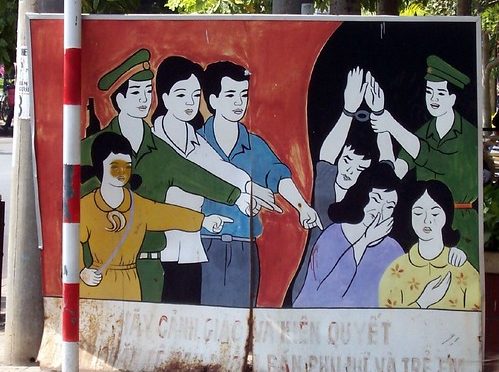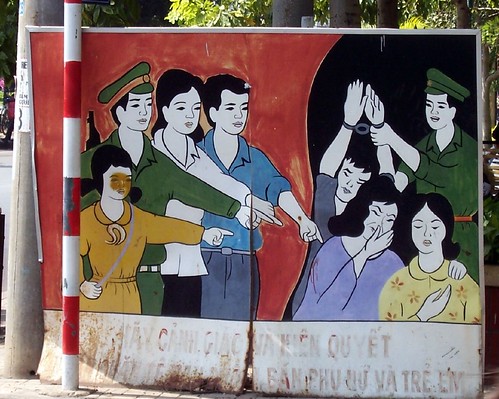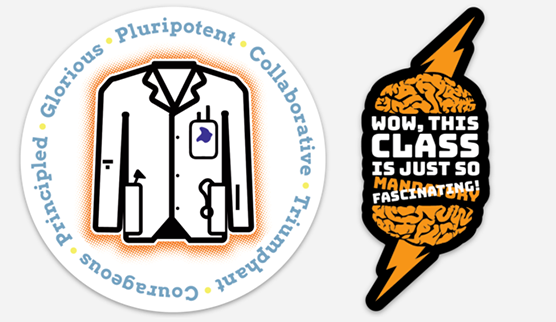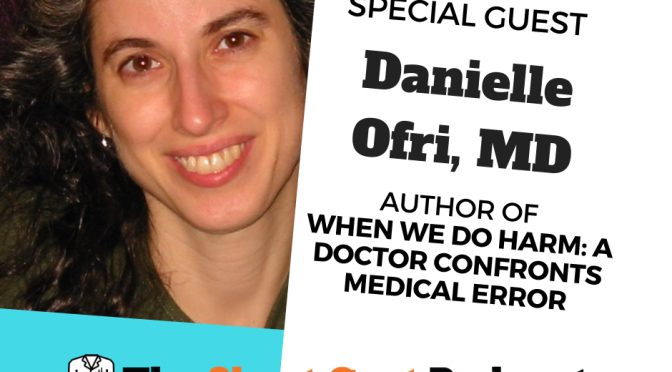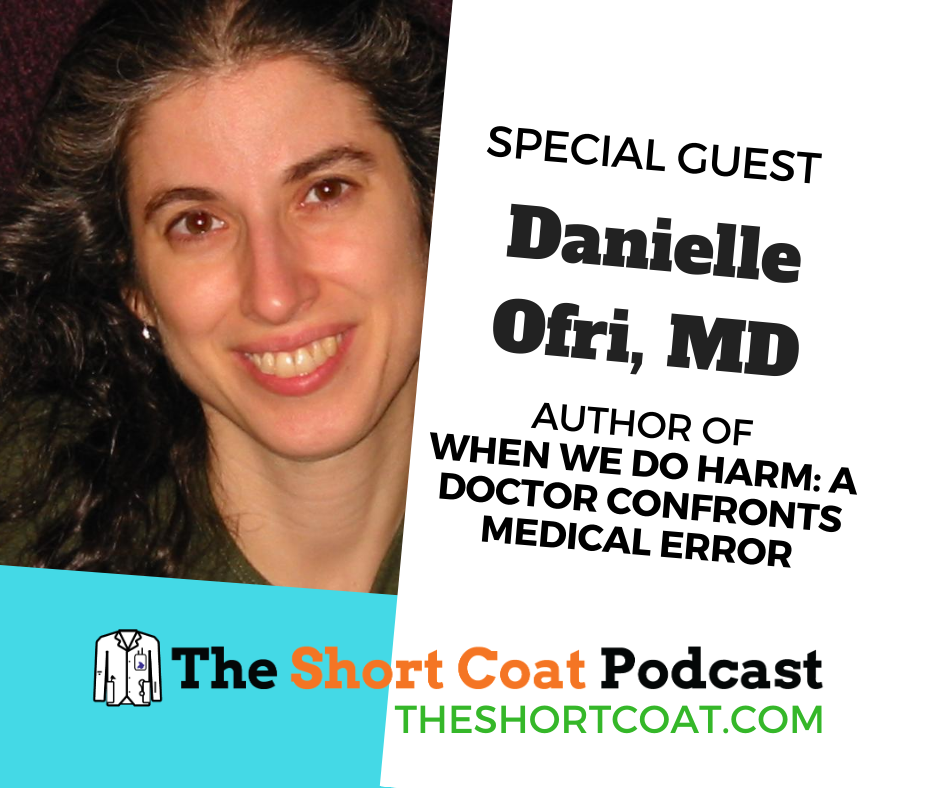Podcast: Play in new window | Download (Duration: 56:07 — 77.1MB)
Subscribe: Spotify | | More
Hippocrates set a high bar.
[Hope your Thanksgiving was excellent, safe, and happy! We didn’t record anything this week, so here’s a rerun for you.]
Dr. Danielle Ofri–NYU professor of medicine, Bellevue Hospital internist, and author of great renown–joined us this time to talk about her new book, When We Do Harm: A Doctor Confronts Medical Error. Examining medical errors is a something all good physicians do–sometimes on a stage in front of their colleagues but often surreptitiously. However, “mistakes were made” simply isn’t acceptable to most patients and lawyers. Meanwhile, the shame felt by practitioners who make mistakes is not only unhelpful but hinders their development and can contribute to burnout and depression. Because of the consequences of shame are so dire, Dr. Ofri argues in her book that confronting mistakes in a humane, understanding, and open fashion is vital.
Not many years ago, a headline grabbed her attention: medical errors are the third-leading cause of death in the United States. How can that be? she wondered. If people were dying at that rate, wouldn’t physicians have noticed this earlier? Of course, it turns out that the story of medical error is much more complicated than that headline would lead one to believe, and set Dr. Ofri on the path to this latest book. Join MD/PhD student Aline Sandouk, M4 Marisa Evers, M2 Jessica De Haan, and M4 Anne Nora for this discussion on the sources of error, the causes, and the ways to understand and learn from the inevitable.
We also discuss her and her colleagues’ experiences fighting COVID-19 in New York City and learning about the disease in real time.
We Want to Hear From You
How’d we do on this week’s show? Did we miss anything in our conversation? Did we anger you? Did we make you smile? Call us at 347-SHORTCT anytime or email theshortcoats@gmail.com. It’s always a pleasure to hear from you!



